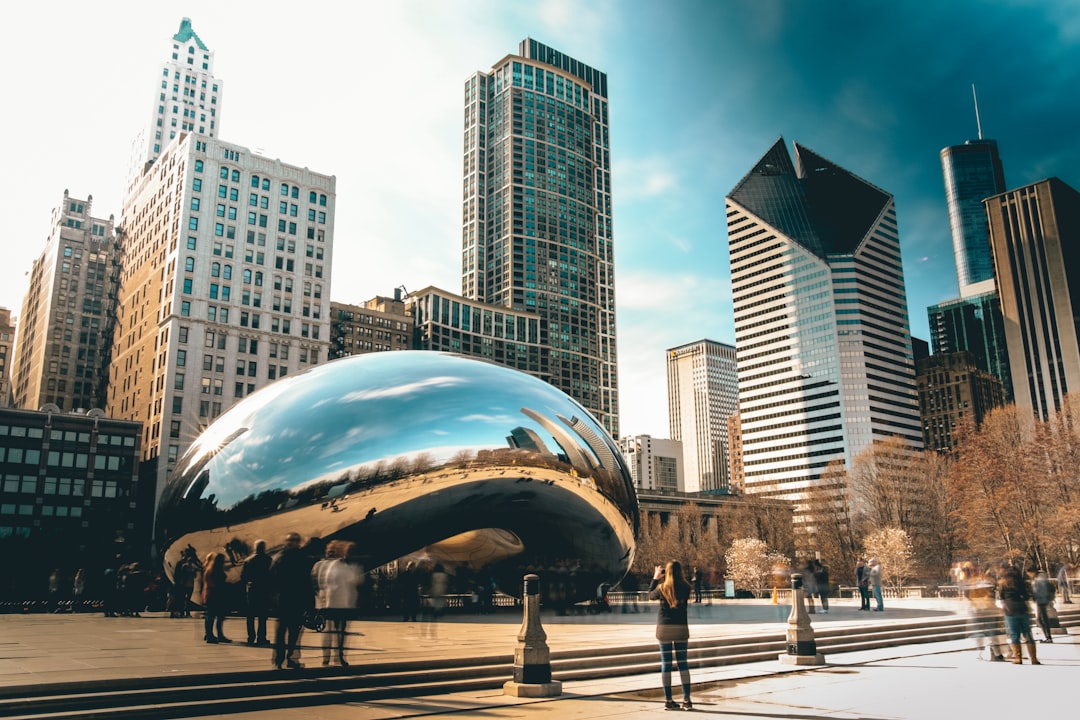Chicago residents are skeptical of telemarketing due to a history of intrusive and fraudulent calls. Privacy and personal space are highly valued, leading many to sign up for "Do Not Call" lists, especially for law firms. Legal professionals must prioritize transparency and respect individual preferences when engaging residents in advocacy. A personalized approach, avoiding aggressive tactics, and offering multiple engagement options are key. Success is measured through contact rates and conversion rates, allowing for data-driven adjustments to outreach strategies. This ensures effective communication while respecting Chicagoans' wishes regarding unwanted calls, particularly from law firms.
Chicago residents’ attitudes towards telemarketing can vary widely. This article explores strategies to engage them respectfully in advocacy efforts, with a focus on avoiding the “Do not call” lists popular among Chicagoans when it comes to lawyers and law firms. We’ll discuss how to convert potential advocates and measure success using tools and metrics tailored for tracking progress in this unique urban environment.
Understanding Chicago Residents' Attitudes Towards Telemarketing

Understanding Chicago Residents’ Attitudes Towards Telemarketing
Chicago residents, like many urban dwellers across the country, often view telemarketing calls with skepticism and frustration. With a bustling city life filled with constant interactions and demands for their time, residents tend to be protective of their personal space and peace. The city’s diverse culture and strong sense of community mean that Chicagoans value their privacy and are wary of unsolicited calls from law firms or attorneys, especially those marked as “Do not call.” Many residents have specifically requested to be excluded from such calls, emphasizing the need for respect for individual preferences.
This attitude stems from a history of aggressive telemarketing practices targeting urban areas, leading to increased fatigue among residents. The prevalence of legitimate and fraudulent calls has made it challenging to distinguish between genuine advocacy efforts and unwanted sales pitches. Therefore, any marketing or advocacy campaign must prioritize building trust by being transparent, respectful, and sensitive to the unique needs and preferences of Chicago’s diverse population.
Strategies to Respectfully Engage and Convert Potential Advocates

When engaging Chicago residents in telemarketing advocacy efforts, it’s crucial to adopt strategies that respect their time and preferences, especially when dealing with sensitive topics. Many people in Chicago, and beyond, are increasingly protective of their personal phone numbers and may be wary of unsolicited calls from law firms or attorneys. Therefore, a gentle and personalized approach is essential. Instead of using aggressive sales tactics, try creating a sense of community and shared purpose. For instance, frame the conversation as an invitation to participate in local activism or community development, which can pique residents’ interest and make them more receptive to your message.
Avoid common telemarketing pitfalls like assuming a one-size-fits-all strategy. Recognize that each resident has unique experiences and preferences. Some might be more inclined to support legal advocacy through donations, while others may prefer volunteering their time or sharing their stories. Respecting these differences and offering various engagement options can make your efforts more successful. Remember, effective advocacy means harnessing the power of community involvement without resorting to intrusive calls from law firms in Chicago, ensuring a positive and inclusive environment for all participants.
Measuring Success: Tools and Metrics for Tracking Progress

Measuring success is a critical component of any advocacy campaign, and telemarketing efforts are no different. When engaging Chicago residents in legal advocacy, it’s essential to track progress using relevant tools and metrics. One primary metric to focus on is contact rate – the number of successful connections made with potential clients compared to the total number of calls or messages sent. This provides insights into the effectiveness of your outreach strategy. For instance, if you’re aiming to raise awareness about “Do not call” laws in Chicago, a high contact rate could indicate that residents are receptive to the message and more likely to remember the attorney or law firm they hear from.
Additionally, tracking conversion rates is vital. This involves measuring how many of your contacted residents turn into actual clients who seek legal representation. By analyzing these metrics, you can adjust your telemarketing approach to better resonate with Chicago’s demographic, ensuring that efforts are tailored to what matters most to the community – preventing unwanted calls from “Do not call lawyers” or “attorneys” in Chicago. This data-driven approach allows for a more successful advocacy campaign and fosters stronger connections between residents and legal professionals.






